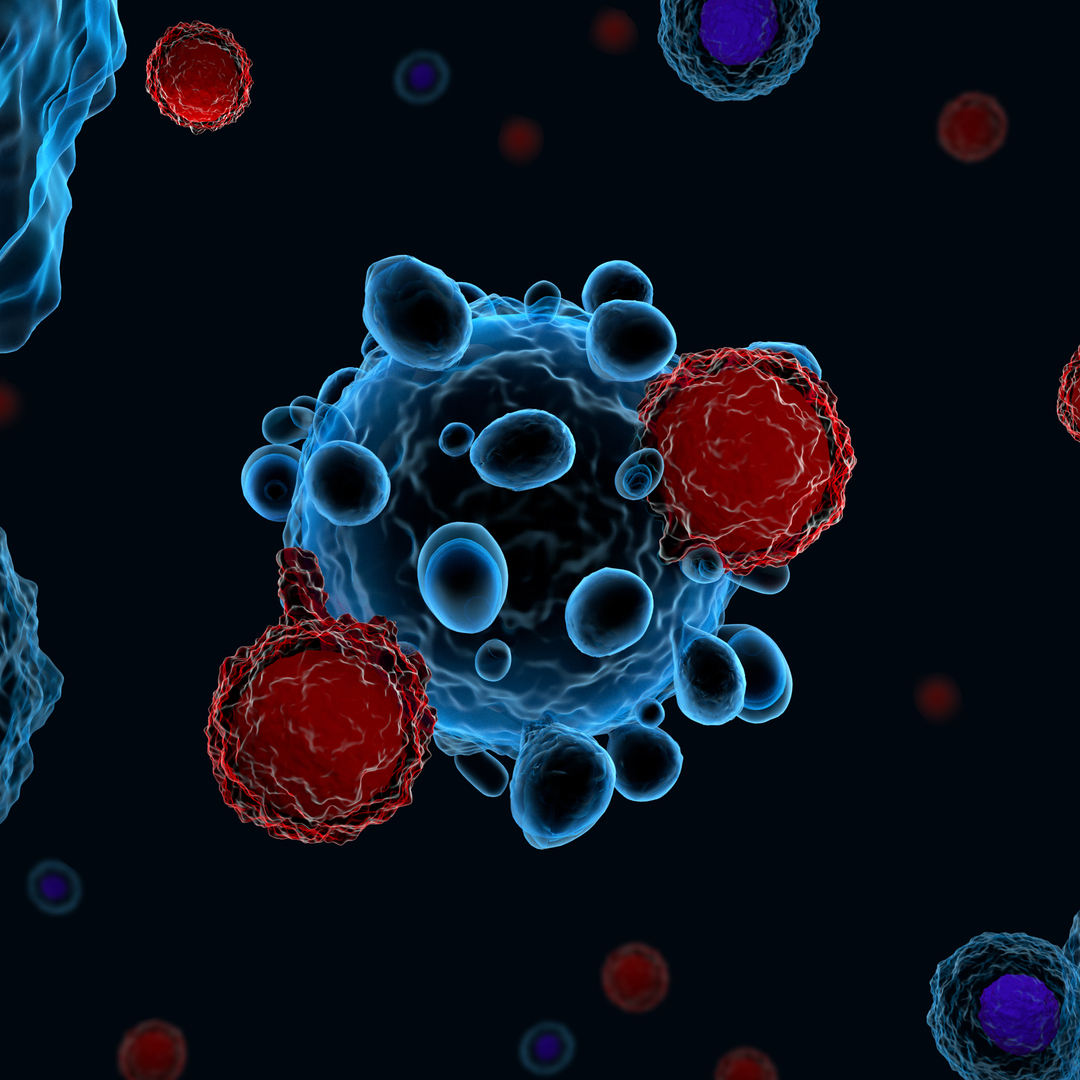Posted on July 16, 2020
Oncolytic virus-derived type I interferon restricts CAR T cell therapy
Authors: Laura Evgin, Amanda L. Huff, Phonphimon Wongthida, Jill Thompson, Tim Kottke, Jason Tonne, Matthew Schuelke, Katayoun Ayasoufi, Christopher B. Driscoll, Kevin G. Shim, Pierce Reynolds, Dileep D. Monie, Aaron J. Johnson, Matt Coffey, Sarah L. Young, Gary Archer, John Sampson, Jose Pulido, Luis Sanchez Perez & Richard Vile
Abstract
The application of adoptive T cell therapies, including those using chimeric antigen receptor (CAR)-modified T cells, to solid tumors requires combinatorial strategies to overcome immune suppression associated with the tumor microenvironment. Here we test whether the inflammatory nature of oncolytic viruses and their ability to remodel the tumor microenvironment may help to recruit and potentiate the functionality of CAR T cells. Contrary to our hypothesis, VSVmIFNβ infection is associated with attrition of murine EGFRvIII CAR T cells in a B16EGFRvIII model, despite inducing a robust proinflammatory shift in the chemokine profile. Mechanistically, type I interferon (IFN) expressed following infection promotes apoptosis, activation, and inhibitory receptor expression, and interferon-insensitive CAR T cells enable combinatorial therapy with VSVmIFNβ. Our study uncovers an unexpected mechanism of therapeutic interference, and prompts further investigation into the interaction between CAR T cells and oncolytic viruses to optimize combination therapy.
Reference: Evgin, L., Huff, A.L., Wongthida, P. et al. Oncolytic virus-derived type I interferon restricts CAR T cell therapy. Nat Commun 11, 3187 (2020). Retrieved from https://www.nature.com
Product Highlights:
The authors used Bio X Cell's anti-mouse TIM-3 (CD366) (clone RMT3-23), anti-mouse PD-1 (CD279) (clone RMP1-14), anti-mouse LAG-3 (clone C9B7W), and anti-mouse NK1.1 (clone PK136) in this research study.

